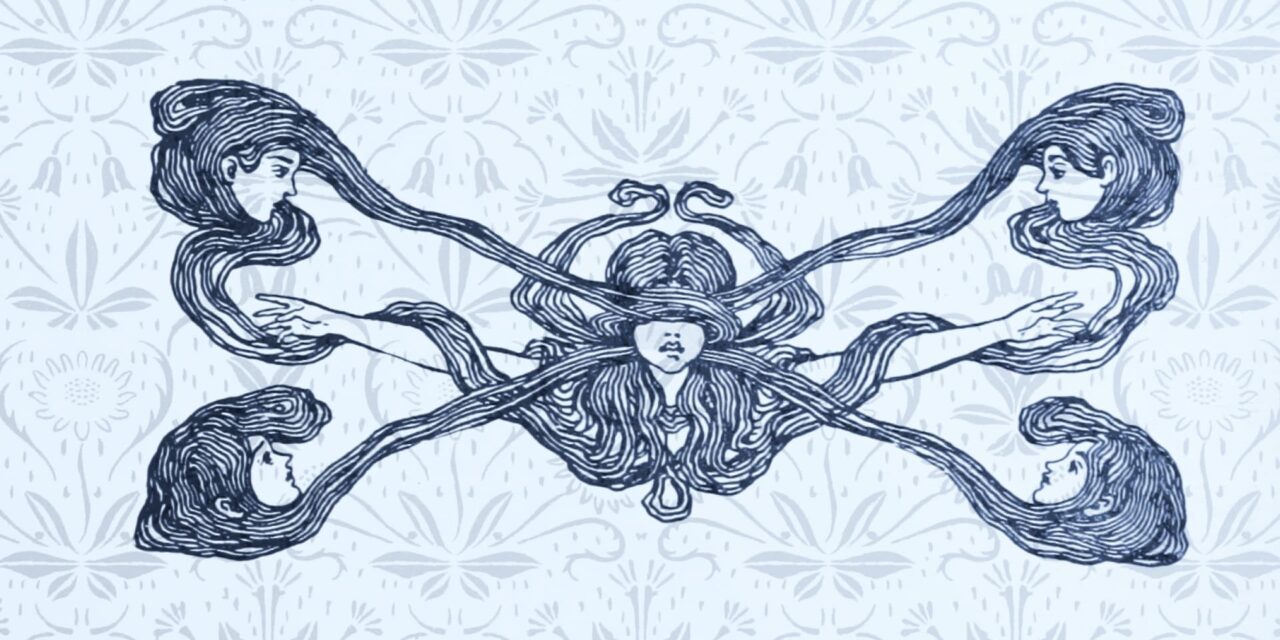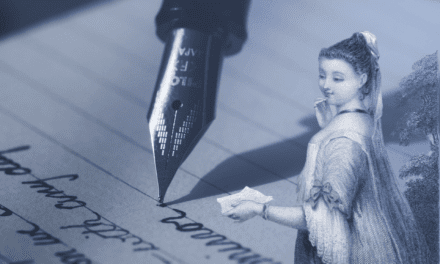
How do you write addiction?

“How do I respectfully write a character dealing with addiction (like drugs, cigarettes etc..)”
Writing a character with an addiction is to write about someone who is controlled by that substance. They are chasing that first experience of euphoria, pain relief, excess energy, or relaxation. They are avoiding the emotional and physical crashes of withdrawal. Their behavior to outsiders often appears erratic and illogical. It is a powerful motivator for a character and can drive a plot, be an obstacle, and/or an antagonist.
How does addiction work?
Addictive substances typically mimic naturally occurring chemicals in the body. They amplify the effects of these chemicals and flood the body. Stimulants will give a person extra, even excessive, amounts of energy, relaxants will relieve tension, and pain relievers will bring about euphoria. Whatever the substance of choice, it counters stress in some form.
Many people self-medicate for underlying physical or mental conditions. Others take them to fit in with a social group. As a writer, you need to ask yourself a very important question: Why did your character first start taking this substance? That will inform you about why they continue. Are they escaping pain? Quieting anxiety or racing thoughts? Do they need to take it to fit into their social group? What happens when they stop taking it?
Addiction is an illness. It is a medical condition. Treating it as a matter of willpower is to doom a person to suffer. There are effective medical and psychological therapies that, especially when combined, can provide a way back to health, sobriety, and thriving.
Cravings
The important thing to understand about these substances is that the high always goes away. The emotional payoff of that first use is never achieved again. Each subsequent use has diminished payoffs and the after-effects are worsened. This is because the body is a fantastic accountant and will produce less of the mimicked substance because, hey, there’s an excess here. So your character will crave the substance in order to just feel baseline normal.
Withdrawal
Don’t underestimate the fear of withdrawal. It is an uncomfortable and sometimes life-threatening set of physical symptoms.
The degree and nature of the symptoms will vary depending on the substance, the amount usually consumed, and the length of time it’s been used. Caffeine, for example, will trigger headaches. Alcohol withdrawal can include shakes, nausea, seizures, and damage to the brain’s memory and balance systems. Opiate withdrawal can cause anxiety, nausea, muscle aches, and insomnia. Read up on the specifics of the substance your character is using. Be sure to use reputable medical websites. I’ve listed a couple in the resources section.
People want to avoid withdrawal and will use substances to ease those symptoms, thus feeding the addiction. Again, there are medical interventions that can soften the withdrawal and support the patient through this medical crisis.
Recovery
People with addictions can sometimes respond well to treatment and have a low risk of relapse. Others are not so fortunate and will bounce in and out of recovery.
Fear of withdrawal is one reason. Another factor is developmental. The younger a person is when they start taking a substance, the harder it is to stop. This may be due to learned coping mechanisms, changes to the developing brain and body, or a combination of the two.
How old was your character when they started taking the substance? Who introduced them to it? Was it a parent handing them a beer at age five or a pain pill at age twelve? Was it friends at a high school party? Or did they start in adulthood? This will inform their likelihood of recovery and how hard that path will be for them.
Struggles to quit, or why does this person keep relapsing?
Withdrawal and cravings are part of the reason it is so hard to stop an addiction. There are medical and psychological therapies that can help. Rehab is a major industry in many countries. There are also several obstacles to overcome. Cost is a factor in places without universal healthcare. Then there is denial. Many people with addictions don’t believe they have a problem. And when they do, they may feel shame if they live in a culture where addiction is seen as a matter of willpower rather than a medical condition.
How do friends and family, employers, and others in the community treat your character? Does admitting to addiction mean they are admitting to weakness?
Another social factor is that it is hard to stop an addiction if the person doesn’t change their environment. Friends that also use that substance will enable and even encourage them to start using again. Places can be strong behavioral cues. Can an alcoholic walk into a familiar bar and resist ordering a drink?
It’s also important to remember that substance use is often a coping mechanism for stress. What happens the next time your character encounters a stressful situation? How do they resist reaching for their addictive substance if they haven’t learned other ways of coping? Do they trust or remember in the heat of the moment that they have other options?
Do your research
Here are a couple of my go-to sites for reading up on addictions and treatments.
Spirit Lake Wellness is a non-profit dedicated to educating the general public about health and wellness. They have a podcast, booklets, and a YouTube channel that covers a range of topics, including addiction. All information is available for free. I am fortunate to be on their board of directors and reached out to one of the doctors we work with for this article.
The American Society of Addiction Medicine is another excellent resource for learning more about addiction and treatment.





























